ISLAM AND THE DESTINY OF MAN BYHASAN,ABD AL.HAKIM
ISLAM AND THE DESTINY OF MAN BYHASAN,ABD AL.HAKIM
ISLAM AND THE DESTINY OF MAN BYHASAN,ABD AL.HAKIM
| Categories: | AL-NADWA LIBRARY, ENGLISH BOOKS |
|---|---|
| Tags: | ABD AL.HAKIM, ISLAM AND THE DESTINY OF MAN BYHASAN |
Related products
-
Managing Finances, a Shariah Compliant Way By Omar Mustafa Ansari
Managing Finances, a Shariah Compliant Way
Omar Mustafa Ansari -
Education of Exceptional Learners
Education of Exceptional Learners
Frank M.Hewett with Steven R.FornessAllyn and Bacon , Inc. Boston -
HADITH SCIENCES BY STOYANKA KENDEROVA
HADITH SCIENCES BY STOYANKA KENDEROVA
HADITH SCIENCES BY STOYANKA KENDEROVA
This book is presented for introduction if you want to buy this book or get its pdf then you can contact us through whatsapp number or comments in review, also through facebook page. -
TOOBAA RESEARCH BLOG ENGLISH BOOKS
☆THE NOBLE QURAN
(ENGLISH TRANSLATION)
☆URDU TRANSLATION OF QURAN
KNOWN AS : MOUZUH E FURQAN
BY: HAZRAT SHEIKH UL HIND
ALLAMA MAHMOOD HASSAN DEOBANDI
☆URDU TAFSEER (COMMANTERY)
KNOWN AS: TAFSEER E USMANI
BY: SHEIKH UL ISLAM ALLAMA SHABBIR AHMED USMANI
☆ENGLISH TRANSLATION BY:
MUHAMMAD ASHFAQ AHMED
Presented By : TOOBAA RESEARCH LIBRARY
……………………..
The Abridged Shamail e Tirmizi
Author: Muḥammad ibn Īsá Tirmidhī
With Notes from Sheikh ul Hadeez Moulana Mohamad Zakariya
And Mufti Ahmed E. Bemat
Translated by: Murtaz Hussain F. Quraishi
Presented By : TOOBAA RESEARCH LIBRARY
………………………………..
THE GREATEST BENEFACTOR OF MANKIND OF HUMAN RIGHTS
☆Muhsin e Insaniyat S.A.W aur Insani Haqooq
Khutbaa Hajaa tul Widaa se istshhad(URDU)
WRITTEN BY: DR Hafiz MUHAMMAD SANI (THANI)
preface : Dr Allama Muhadizz Abdul Haleem Chishti sb
Translated by: ZAHARA BAINTNER
GERMAN NAME: SABINE BAINTNER
Presented by: TOOBAA RESEARCH LIBRARY
………………………….
BY : KAUSAR NIAZI
PRESENTED BY : TOOBAA RESEARCH LIBRARY
………………………….
(SIRAT- US – SIDDIQ)
THE FIRST CALIPH OF ISLAM
BY: Nawab Sadr Yar Jung Bahadur
Maulvi Muhammad Habibur Rahman Khan Sharwani
Translated by: SYED MOINUL HAQ
RESENTED BY: TOOBAA RESEARCH LIBRARY
………………………..
(THE SECOND CALIPH OF ISLAM)
AL FAROOQ – VOL 2
AUTHOR: ALLAMA SHIBI NOUMANI
TRANSLATED BY: MUHAMMAD SALEEM
PRESENTED BY: TOOBAA RESEARCH LIBRARY
………………………..
IMAM ABU HANIFAH LIFE AND WORK
(SEERAT U NOUMAN)
AUTHOR: ALLAMA SHIBLI NOUMANI
TRANSLATED BY: M. HADI HUSSAIN
PRESENTED BY: TOOBAA RESEARCH LIBRARY
……………………
THE POLITICAL THOUGHT OF IBN TAYMIYAH
BY : PROF QAMARUDDIN KHAN
PRESENTED BY : TOOBAA RESEARCH LIBRARY
…………………………………..
(TAWEEL UL AHADEEZ)
BY: SHAH WALIULLAH
RENDERED INTO ENGLISH
BY: PROF G. N. JALBANI
PRESENTED BY : TOOBAA RESEARCH LIBRARY
…………………………
BY: IMAM SHAH WALIULLAH DEHLVI
RENDERED INTO ENGLISH
BY: PROF G. N. JALBANI
PRESENTED BY : TOOBAA RESEARCH BLOG
…………………………………………
A SAINT-SCHOLAR OF MUSLIM INDIA
AUTHOR: A. D. MUZTAR
Presented by: TOOBAA RESEACRH LIBRARY
…………………………….
Author: DR. A. J. HALEPOTA
(Professor of comparative religion and Islamic culture, University of Sind. & Ex. Chairman Council of Islamic ideology Pakistan )
Presented by: TOOBAA RESEACRH LIBRARY
……………….
RESEARCH PAPER FOR: PhD
RESEARCH by: TASADDUQ HUSAIN
ALIGARH MUSLIM UNIVERSTY INDIA
REPRESENTED BY: TOOBAA RESEARCH LIBRARY
…………………..
ENGLISH TRANSLATION
BY : C. R. TYSER, B. A. L. + D. G. DEMETRIADES, +
ISMAIL HAQQI EFFENDI
FOREWARD BY : JUSTICE S. A. REHMAN
PRESENTED BY : TOOBAA RESEARCH LIBRARY
………………………….
BY : MAULANA TAQI AMINI
PRESENTED BY : TOOBAA RESEARCH LIBRARY
…………………
-
AL FIQA WAL FUQAAHA FIQA OR FUQAHA KI FAZEELAT BY HAZRAT MOLANA NAEEM UL DEEN
AL FIQA WAL FUQAAHA FIQA OR FUQAHA KI FAZEELAT BY HAZRAT MOLANA NAEEM UL DEEN
This book is presented for introduction if you want to buy this book or get its pdf then you can contact us through whatsapp number or comments in review, also through facebook page. -
Morality and Human Well-Being By Syed Nawab Haider Naqvi
Perspectives on Morality and Human Well-Being
A Contribution to Islamic Economics
Syed Nawab Haider Naqvi
Perspectives on Morality and Human Well-Being: A Contribution to Islamic Economics (Islamic Economics S) – Softcover
This book is presented for introduction if you want to buy this book or get its pdf then you can contact us through whatsapp number or comments in review, also through facebook page.
-
ISLAMIC ECOTHEOLOGY BASED ON THE QUR’ĀN BY SOUMAYA PERNILLA OUIS
ISLAMIC ECOTHEOLOGY BASED ON THE QUR’ĀN BY SOUMAYA PERNILLA OUIS
This book is presented for introduction if you want to buy this book or get its pdf then you can contact us through whatsapp number or comments in review, also through facebook page. -
The Ayatollah Begs to Differ: The Paradox of Modern Iran
The Ayatollah Begs to Differ: The Paradox of Modern Iran
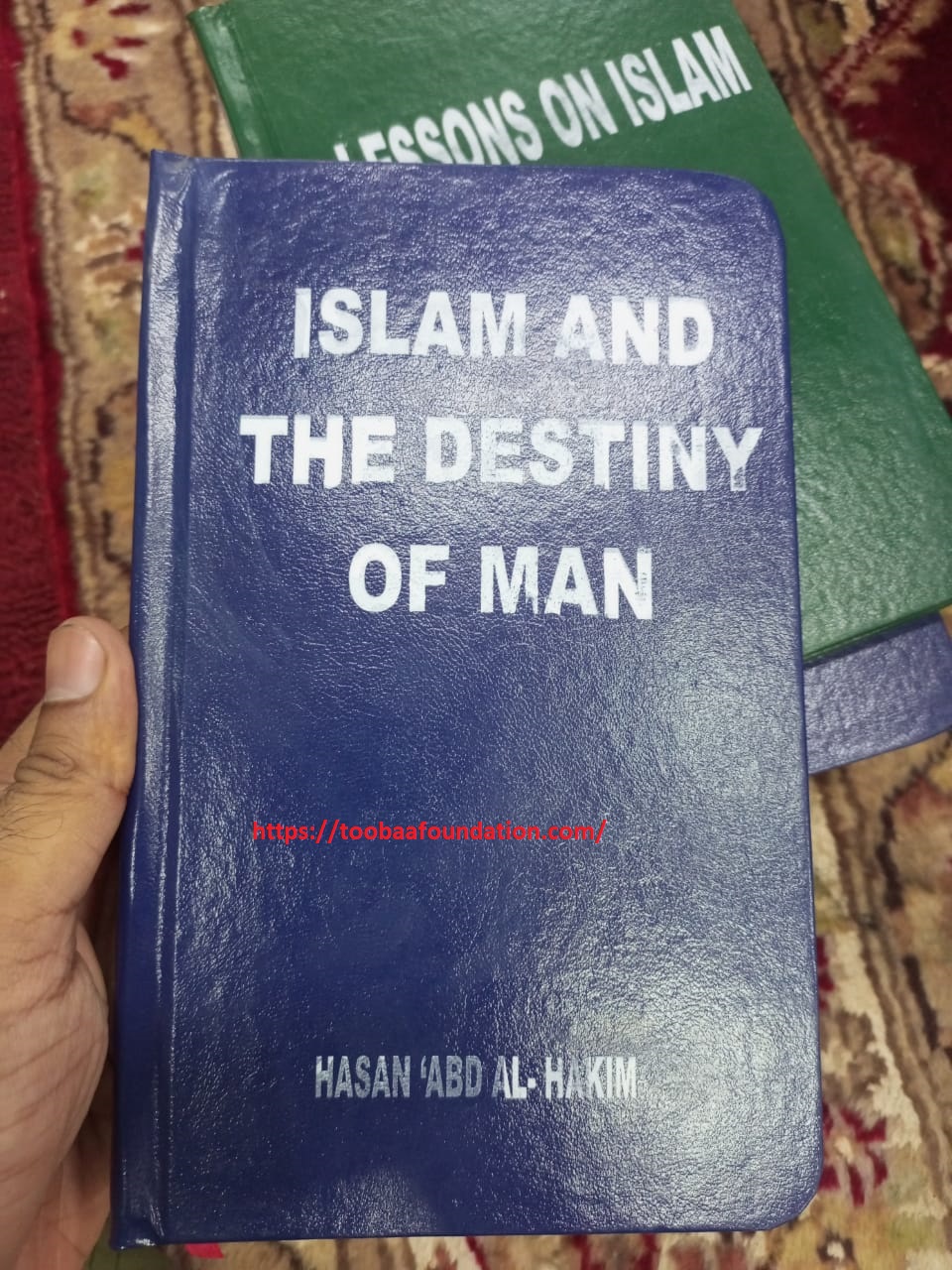
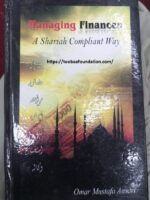
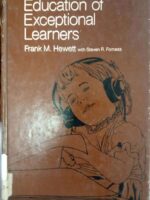


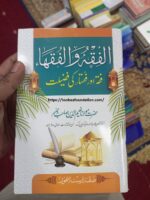

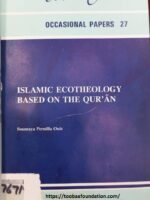

Freddy
Wow, superb blog format! How long have you ever been blogging for?
you made running a blog look easy. The whole look of your web site is wonderful, as smartly as the
content! You can see similar here sklep online